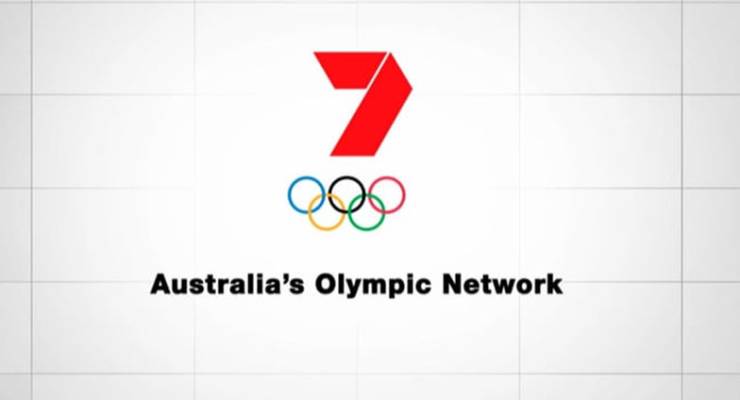
The International Olympic Committee’s (IOC) news last week that the Tokyo Summer games will go ahead encouraged some, but it failed to have an impact on the Seven West Media share price.
The Australian rights holder to the games will be lucky to survive the strains from the COVID-19 virus, the latest oil price collapse and the damage that does to the Australian economy and advertising spending.
In Monday morning’s stock market rout, Seven hit a new all-time low of 10.5 cents. It closed at 11.5 cents, valuing the network at just $177 million (compared to $4.1 billion nine years ago).
The value of Kerry Stokes 40.2% holding is now down to around $71.1 million: chump change for the billionaire once dubbed “Little” Kerry for his so-called golden touch in business.
And despite the insistence of the IOC, the sell off of markets and the worsening of the spread of the virus makes it increasingly doubtful that the games will go ahead as planned.
The debacle in Italy threatens all of Europe and its athletes, from Russia to Britain to the smallest nation. The US is struggling. Infections are increasing in Australia, along with deaths.
Seven currently holds a contract to cover the 2016 and 2020 summer games along with the 2018 winter games. It also includes an option to cover the 2022 winter games in Beijing and, more importantly, the 2024 summer games in Paris. Seven has not announced whether that option has or will be exercised.
Seven’s $569 million debt pile, the weak share price, and the fact that the banks are owed hundreds of millions in debts that fall due in 2021 and 2022 almost certainly rules out further Olympic coverage. That is unless there is a major recapitalisation of Seven, either via a big new shareholder, a takeover, or a share issue.
None of those look like happening at the moment as Seven cuts and slashes and attempts to get rid of cash flow and profit-making operations, such as its production arm — a sale that will alarm its banks.
So rather than speculate about the financial impact of the games being cancelled or postponed this year, let’s consider who will be the new rights holder in time for the games in 2022.
(If they even happen. There will be a lot of nervous people looking for any sign of an upsurge in COVID-19 cases come the next northern winter — a potential sign the disease may join influenza in making yearly returns to infect the vulnerable.)
Nine paid $120 million, in partnership with Foxtel, for the London games in 2012 and the Vancouver games in 2010 — and were hit with a reported $30 million loss for their troubles.
Foxtel, meanwhile, is also in a precarious financial condition. News Corp has been keeping it alive for much of the past year with debt repayments while costs are slashed and new streaming services Kayo and Foxtel Now are allowed to grow.
Nine and News recently announced the imminent shuttering of the Australian Associated Press, in order to save a reported $15 million a year between them. Several hundred people are expected to lose their jobs.
It would not be a good look to put those savings into covering the 2022 and 2024 Olympics. It’d be hypocritical — although then again, Nine and News have over the years made hypocrisy into an art form.
A tip: watch out for Discovery Channel. It owns many pan-European rights to the games through its Eurosport channel. Australia would make a nice fit.








Crikey is committed to hosting lively discussions. Help us keep the conversation useful, interesting and welcoming. We aim to publish comments quickly in the interest of promoting robust conversation, but we’re a small team and we deploy filters to protect against legal risk. Occasionally your comment may be held up while we review, but we’re working as fast as we can to keep the conversation rolling.
The Crikey comment section is members-only content. Please subscribe to leave a comment.
The Crikey comment section is members-only content. Please login to leave a comment.